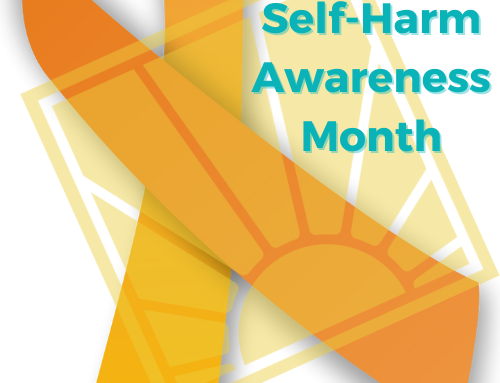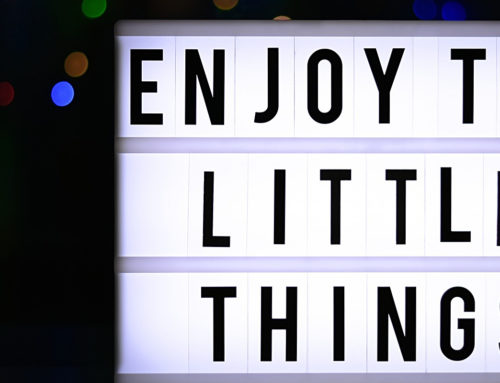When I was 13 I was hired, and quickly fired, from my first job. Hoping to save up for a shiny green ten-speed bicycle, I took a job with a local nursery that sold rose bushes, bags of manure, and landscaping services mostly to wealthy housewives from Atherton, California. My primary duty, I was told, would be to drive things around on a little electric nursery cart and load them into the trunks of our customers’ Mercedes Benz’s.
But the older nurserymen (tan, bearded, and tough) quickly took me under their collective wing. They seemed to see something in me, some seed of mischief worth cultivating. So along with a few of their favorite dirty jokes, they taught me how to take a nap in air conditioned flower house without getting caught, how to kick the coke machine to get a free drink, and how to do wheelies on the electric carts. It was so flattering to be pulled into this fraternity of rapscallionism that I quickly lost track of what I was actually there to do. My overriding goal was to emulate and please this group of rough, worldly, older men.
I soon developed a talent for stealing naps and cokes, but those wheelies required practice. So practice I did. When I finally achieved my first full wheelie, accelerating the cart in reverse to full speed and then throwing it suddenly into first gear, the front of the cart rose up in the air to a thrilling 45 degrees and crashed down loudly; right in front of the nursery owner and the horrified, blue-haired customer he was helping.
Needless to say, I was given my last paycheck that afternoon and politely told not to come back. I was unable to find another job that summer and I did not get the bike. But I did learn some lessons from that failure that have since informed my professional life. Simple things, like: 1) do to get, 2) begin each day with the end in mind (in that case, a green 10 speed), 3) work now, play later, 4) know who you work for (and who you don’t), 5) learn from setbacks, and 6) don’t do wheelies at work.
Learning from Failure
Getting fired was humiliating and carried the additional consequences of a summer’s worth of boredom and the deferment of my 10-speed dream. But it was extremely instructive. As educator and TedX speaker, Diana Laufenberg, says, “you have to be comfortable with this idea of allowing kids to fail as a part of the learning process.”
Laufenberg actually structures her teaching around highly experiential, group-oriented, somewhat ambiguous projects; projects that are designed to create opportunities for what she calls “instructional” failures. When young people are able to fail with the right kind of adult support, she says, they can process that failure, learn from it, and do better next time. Growth, according to Laufenberg and many other educators, therapists, and even biologists, is dependent upon some level of stress, such as that accompanying failure.
Laufenberg’s classroom experiments with teachable failure are supported by reams of developmental research. But North American parenting and educational practices have moved toward insulating children from stress and failure to the point that many young people reach young adulthood ill-equipped for the realities of work and independence. These young people may lack the resilience and persistence necessary to succeed in the face of everyday setbacks.
Our preferred strategies for preserving self-esteem are well documented by educational researchers: lowering standards, premature intervention, and praising success while ignoring failure. Ironically, these avoidant attempts to preserve self esteem actually impede the kind of persistence, earned confidence, and unconditional positive self-regard that is at the core of sustainable positive self-regard.
Balancing Success and Failure
More than fifty years ago, Erik Erikson advocated a developmental approach that balanced a sense of one’s own personal ability/agency with what he termed a “sense of inferiority.” By inferiority, Erikson meant that along with a sense of one’s own abilities a child should develop a sense of their deficits; those abilities, talents, and skills that they do not possess but others do. This can give the young person a sense of their singular value, their potential contributions and place in a group, and an appreciation for the value of others. The result is a pro-social balance of confidence and humility.
Failures, especially when they occur in a milieu rich with adult nurturance, support, and coaching, can also help young people develop resiliency by demonstrating that they have value and are loved regardless of performance. Experiencing unconditional nurturance can help young people reframe failures as instructive “setbacks,” according to Brenda K. Bryant of UC Davis. Bryant says that “learning how to turn failure into a meaningful experience that enhances functioning,” should ideally occur in childhood. But many adolescents and young adults with emotional and behavioral problems have missed this basic developmental opportunity.
This coping deficit may be manifest as apparent irresponsibility or laziness, especially when the young person has a history of repeated failures in certain areas without adequate nurturance or support. This results from an avoidant coping style designed to insulate the young person from further failure and discouragement by removing the risk of trying. Other young people may cope with fear of failure by engaging in disruptive or noncompliant behaviors. When an individual has not learned to engage a problem, make mistakes, learn, and proceed, there may be a tendency to give up easily at the first sign of struggle.
An Ever Present Opportunity
None of us wants to fail, but setbacks give us some of our richest opportunities to listen, learn, and persist. It’s through supported challenges that we are most likely to cultivate a productive, pro-social balance of confidence and humility. The good news is that a positive relationship with failure can be developed even in young people who may have missed this developmental milestone at a younger age.




